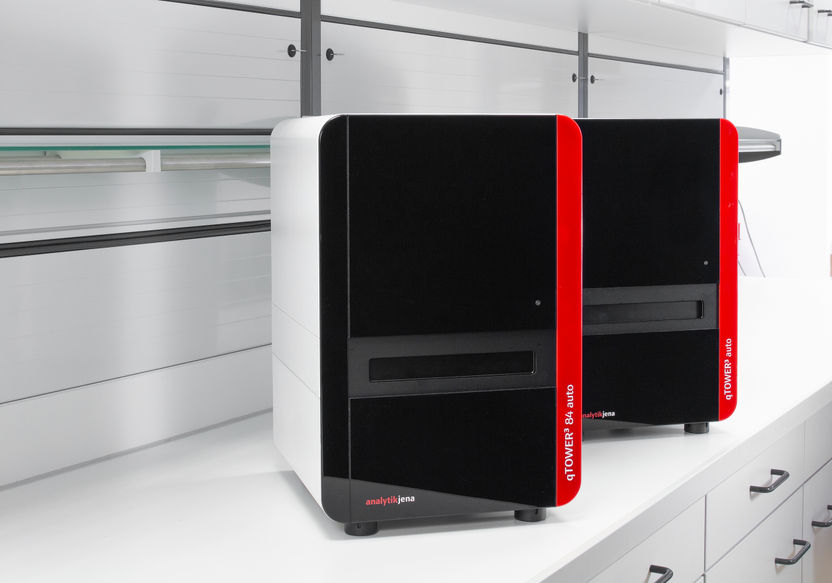Innovative technology for treatment of renal anaemia
First human cell line-derived erythropoietin research reported
Effective treatment of anaemia in patients suffering from chronic kidney disease (CKD) is possible with the first erythropoietin product produced in a human cell line. DYNEPO® (epoetin delta), developed using innovative gene activation technology in a human cell line, corrects and maintains haemoglobin levels in patients suffering from anaemia and CKD who are on dialysis, according to the results of a study presented at the 11th Congress of the European hematology Association (EHA). A second study highlighted a key difference between DYNEPO and other erythropoietin treatments - an unquantifiably low amount of a specific carbohydrate residue compared to those treatments produced in Chinese Hamster Ovary cell lines. This carbohydrate residue is known to produce immune responses in humans.
Potential differences in immunogenicity between DYNEPO and other erythropoietin treatments have not been investigated in clinical practice. Dr Iain Macdougall, Consultant Nephrologist and Honorary Senior Lecturer from the Renal Unit in King's College Hospital, London commented, "There is a pressing need for further research into the differences between DYNEPO and conventional erythropoietin treatments that are not produced in human cell lines. It will be fascinating to see whether these differences will ultimately translate into specific benefits for patients with CKD who are suffering from anaemia."
By stimulating red blood cell production in the bone marrow, DYNEPO performs the same role as naturally occurring human erythropoietin.
Topics
Organizations
Other news from the department research and development

Get the life science industry in your inbox
By submitting this form you agree that LUMITOS AG will send you the newsletter(s) selected above by email. Your data will not be passed on to third parties. Your data will be stored and processed in accordance with our data protection regulations. LUMITOS may contact you by email for the purpose of advertising or market and opinion surveys. You can revoke your consent at any time without giving reasons to LUMITOS AG, Ernst-Augustin-Str. 2, 12489 Berlin, Germany or by e-mail at revoke@lumitos.com with effect for the future. In addition, each email contains a link to unsubscribe from the corresponding newsletter.
























































